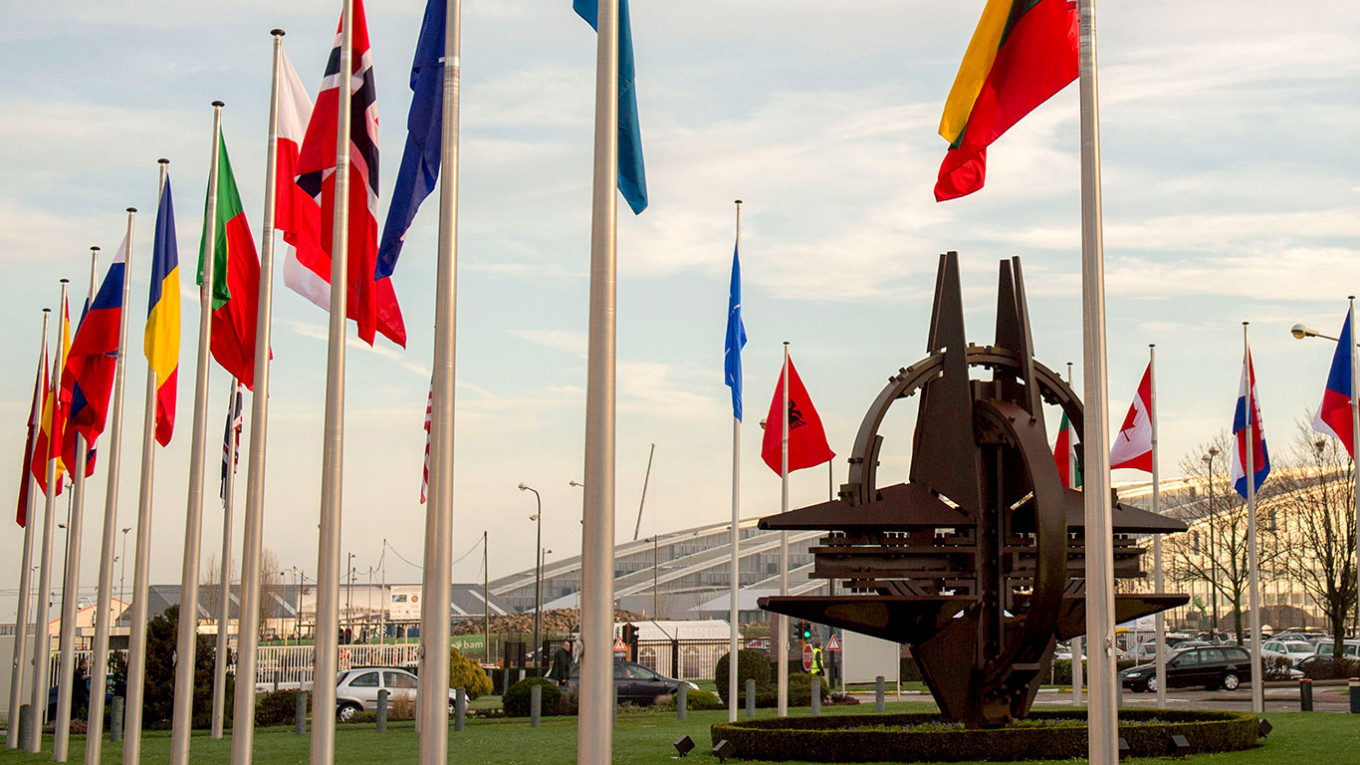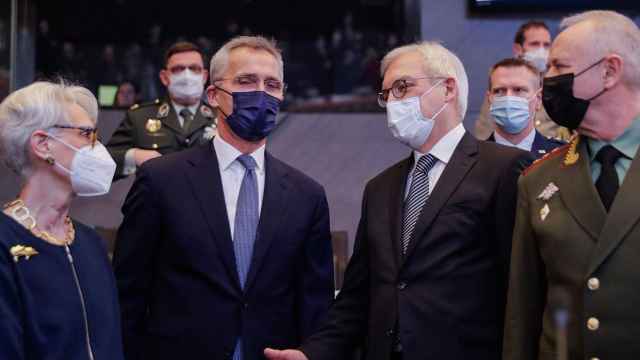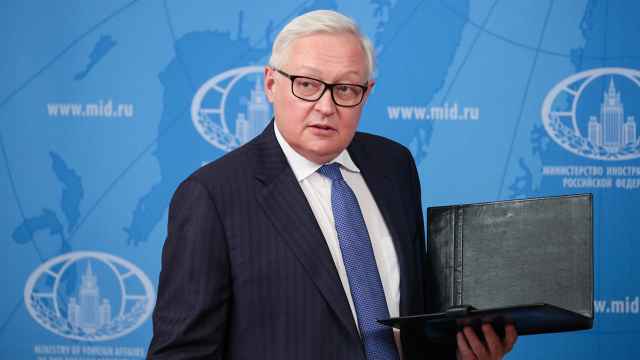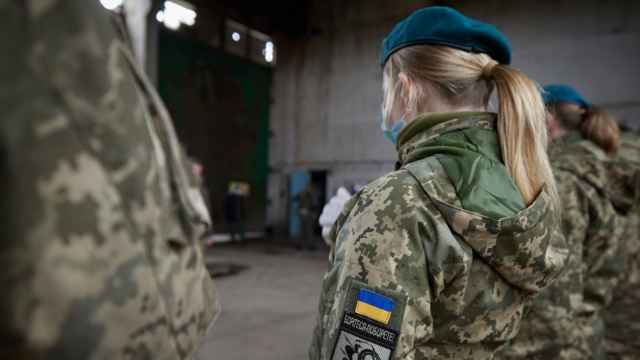Ukraine’s ambassador to Britain walked back controversial remarks Monday that suggested Kyiv was ready to accept Russia’s key demand to never join NATO in order to avoid war.
Ambassador Vadim Prystaiko had told BBC radio earlier that Kyiv could be “flexible” over its constitutionally enshrined goal of joining NATO and the European Union.
“We might” drop Ukraine’s bid to join NATO, Prystaiko said. “Especially being threatened like that, blackmailed by that, and pushed to it.”
Moscow in December issued sweeping security proposals to the United States and NATO, including a demand to bar Ukraine from ever joining the U.S.-led military alliance.
The U.S. and NATO flatly rejected that demand but laid out a series of areas for increased security cooperation with Russia.
Months of negotiations have so far failed to ease tensions, with U.S. warnings that the more than 100,000 Russian troops surrounding Ukraine could invade as early as Wednesday.
Russian President Vladimir Putin on Saturday dismissed Western warnings of a Russian invasion of Ukraine as “provocative speculation.”
Prystaiko’s comments on Ukraine’s potential concessions sparked an outcry, with Ukraine’s foreign ministry saying his remarks were “taken out of context” and President Volodymyr Zelenskiy’s spokesman asking for an explanation.
Prystaiko reappeared on the BBC later to “clarify my position” and add that Ukraine was not shifting its bid to become a NATO member.
He said Kyiv was looking for “other arrangements” — such as bilateral deals with the U.S. and Britain — to stave off a potential Russian invasion “on top of NATO.”
“We are not a member of NATO right now and to avoid war we are ready for many concessions and that is what we are doing in conversations with the Russians," Prystaiko said.
"It is not a delay to our ambitions to be in NATO,” Reuters quoted him as telling the BBC.
A Message from The Moscow Times:
Dear readers,
We are facing unprecedented challenges. Russia's Prosecutor General's Office has designated The Moscow Times as an "undesirable" organization, criminalizing our work and putting our staff at risk of prosecution. This follows our earlier unjust labeling as a "foreign agent."
These actions are direct attempts to silence independent journalism in Russia. The authorities claim our work "discredits the decisions of the Russian leadership." We see things differently: we strive to provide accurate, unbiased reporting on Russia.
We, the journalists of The Moscow Times, refuse to be silenced. But to continue our work, we need your help.
Your support, no matter how small, makes a world of difference. If you can, please support us monthly starting from just $2. It's quick to set up, and every contribution makes a significant impact.
By supporting The Moscow Times, you're defending open, independent journalism in the face of repression. Thank you for standing with us.
Remind me later.






